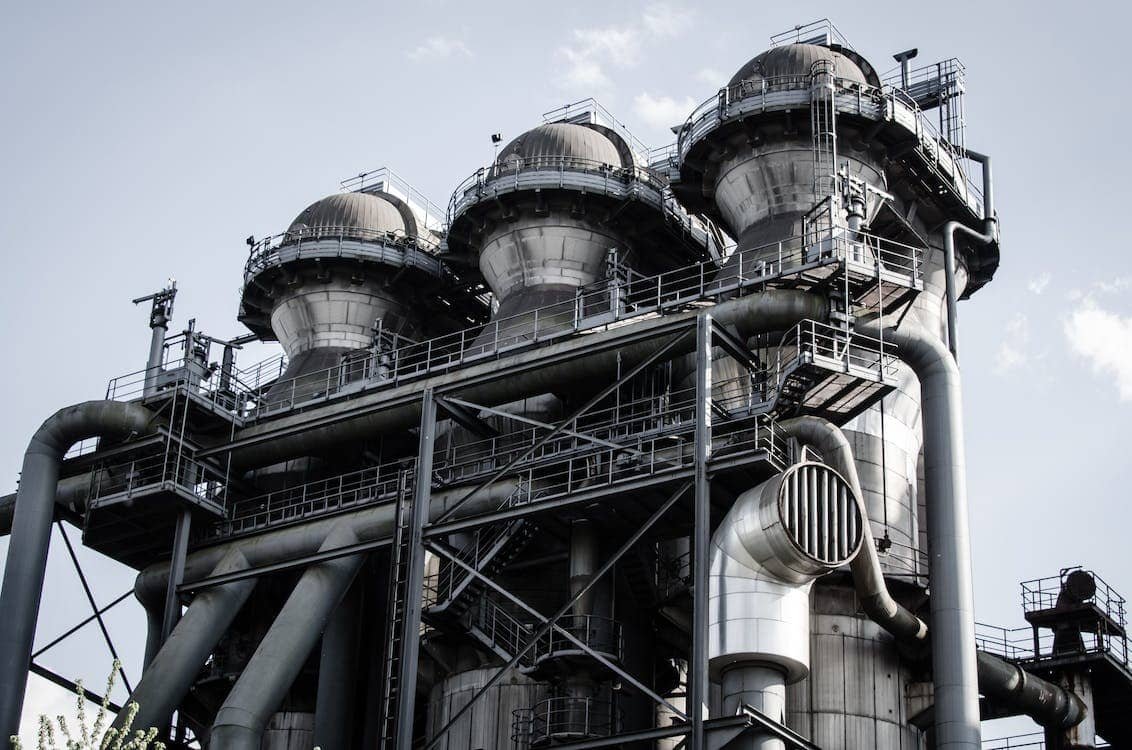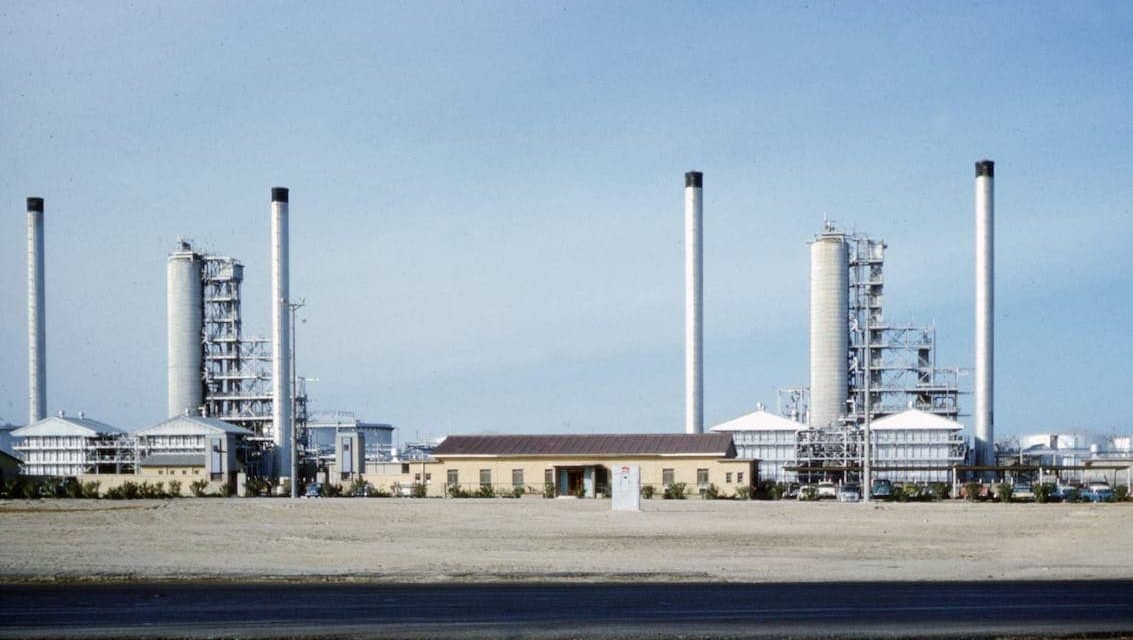Leaked documents obtained by The Guardian reveal that the European Commission is on the verge of reneging on its promise to prohibit the use of Europe’s most hazardous chemicals, except in essential cases.
This commitment was a key element of the European green deal launched in 2020.
The update to the EU’s Reach regulation was expected to ban the use of between 7,000 and 12,000 hazardous substances in all saleable products, including per-and poly-fluoroalkyl substances (PFAS), commonly known as “forever chemicals.”
PFAS compounds accumulate in nature and the human body and have been linked to various illnesses, including hormonal, reproductive, and carcinogenic conditions.
However, pressure from Europe’s chemical industry and right-wing political parties has prompted the European Commission to reconsider its stance.
This industry-led pushback has sparked concerns within the EU about the implications for public health and policymaking.
An EU official expressed their unease, stating, “We are being pushed to be less strict on industry all the time.”
Proposed Restrictions on Hazardous Chemicals
A leaked legislative document seen by The Guardian presents three options that would restrict the presence of hazardous chemicals in 1%, 10%, or 50% of current market products.
Typically, the EU selects the middle option.
Tatiana Santos, head of chemicals policy at the European Environmental Bureau, criticized the EU’s failure to control harmful chemicals, noting the detrimental impact on Europeans’ health and well-being.
She warned that the EU’s retreat on regulation could undermine the credibility of the European green deal and foster skepticism regarding alliances with powerful toxic lobbies.
The leaked 77-page impact study is part of the revision of the EU’s Reach regulation and is scheduled to be launched later this year.
Although the text could still be altered, officials suggest that the options currently under consideration have not significantly changed.
Health Savings vs. Industry Costs
According to the draft analysis, the health benefits resulting from chemical bans would outweigh industry costs by a factor of ten.
The reduction in healthcare expenditures related to illnesses such as cancer and obesity could reach €11 billion to €31 billion per year, while adjustment costs for businesses would range from €0.9 billion to €2.7 billion per year.

Apart from PFAS, EU regulators found that 17% of European children faced risks from combined exposure to mixtures of phthalates, which are linked to developmental and reproductive disorders.
Traces of the reprotoxic endocrine disruptor bisphenol A were also detected in 92% of adults.
Internal Divisions and Delayed Implementation
The delay in updating the Reach regulation can be attributed to disagreements between two EU Commission departments responsible for drafting the new law.
The environment directorate advocated for stringent measures, while the internal market directorate resisted.
An anonymous EU official noted a shift in support for consumers and the environment, which has affected the commission’s attitude toward industry.
The official described the prevailing sentiment as an inclination to avoid creating trouble for industry, regardless of the potential public health benefits.
Several EU leaders have contributed to the pressure to soften regulations.
French President Emmanuel Macron called for a “regulatory pause” in environmental laws to support industry, while Belgian Prime Minister Alexander De Croo warned against overburdening businesses with rules and regulations.
These calls coincided with a proposal by Germany’s BASF, a major chemicals company, to downsize its operations in Europe permanently, citing overregulation as a reason.
Lobbying Influence and Regulatory Capture
The chemical industry and its associated players have actively lobbied against the proposed chemical bans.
German industry association VCI, for example, advocated for a postponement of the ban, claiming that it would have detrimental effects on German industry.
The VCI received substantial funding from Germany’s Christian Democratic Union and Christian Social Union parties, which are part of the European People’s Party.

Corporate Europe Observatory’s analysis indicates that PFAS industry players in Germany employed 94 lobbyists and spent a combined €9 million annually.
In Brussels, 12 members of the PFAS industry have 72 individual lobbyists, with an annual expenditure of €18.6 million to €21.1 million.
The Reach reform has also become a battleground concerning the new inventory for polymers, the building blocks of plastics.
Critics argue that the current situation reflects regulatory capture by incumbents seeking to stifle the growth of alternative chemicals industries.
Originally a priority for the European Commission, the Reach reform aimed to eliminate the use of the most harmful chemicals in consumer products. However, it appears that the commission is now striving to strike a balance between stakeholder interests while ensuring high levels of protection for human health and the environment.










